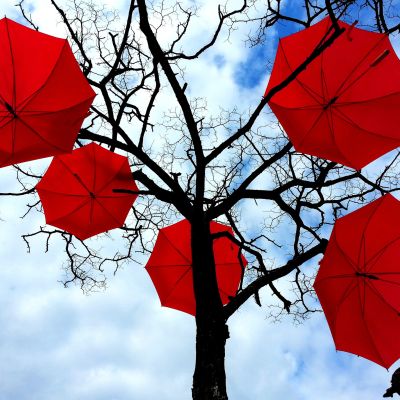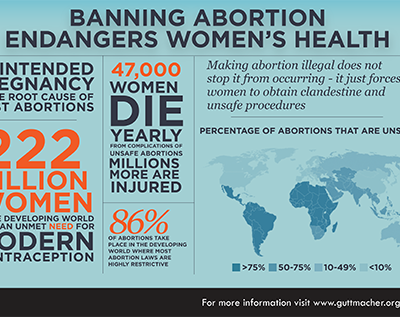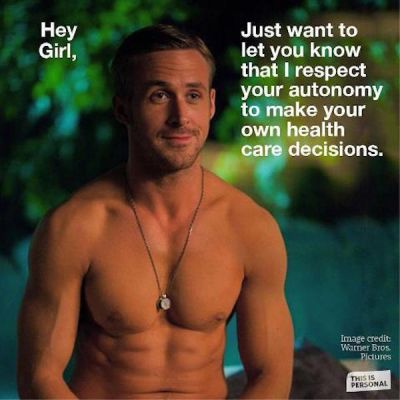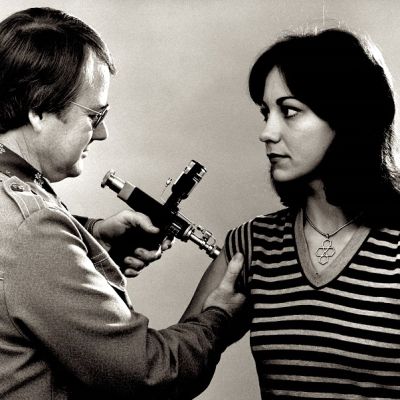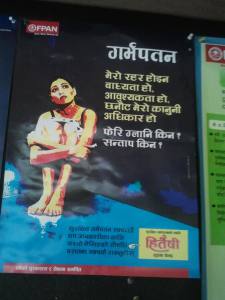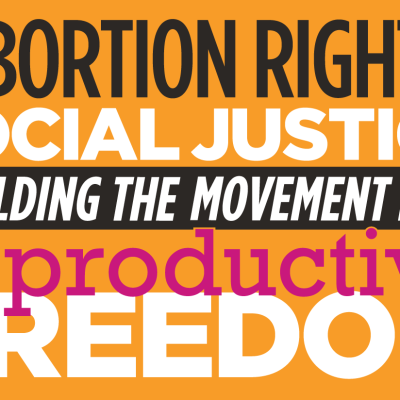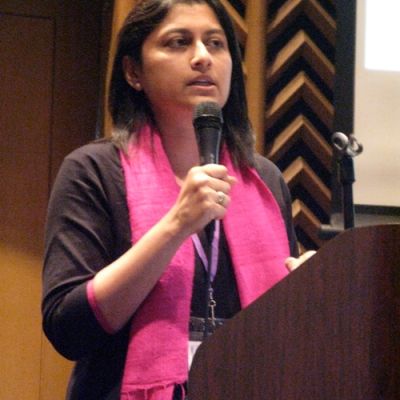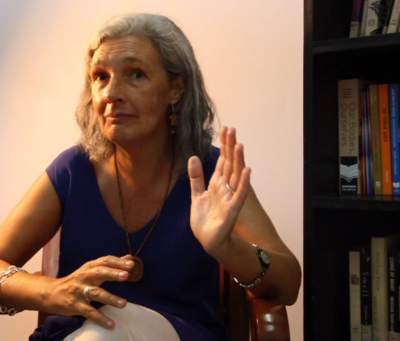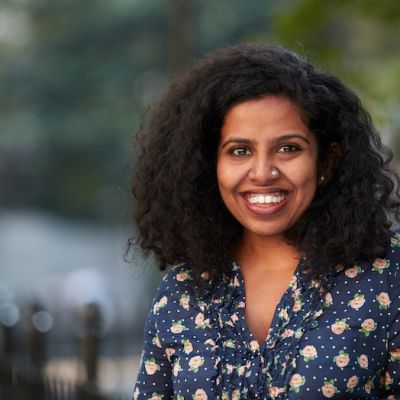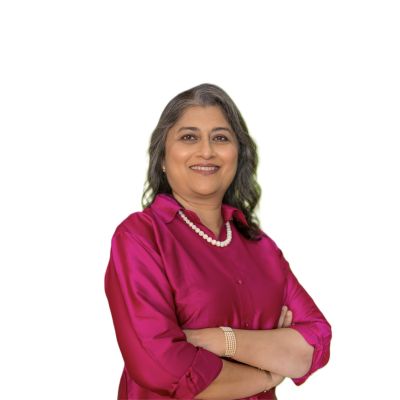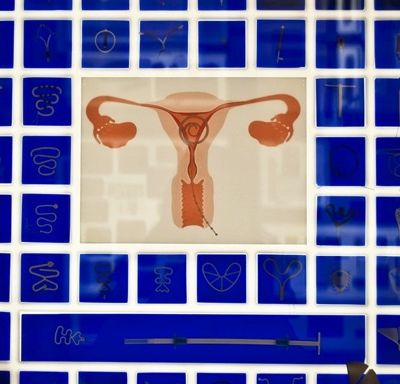Abortion
Abortion and sex work share the distinction of being topics on which even feminist activists sometimes find it difficult to remain non-judgmental, confronting feminists with the question: to what lengths are we really willing to go to respect and enable women’s choices and bodily autonomy?
The eight UN Millennium Development Goals (MGDs) have been rightly criticised because they were too narrow, failed to address the…
Mainstream media is beginning to pay attention to men’s relationship with abortion – a welcome counterpoint to the anti-woman, anti-abortion rhetoric Men’s Rights Activists (MRAs) spew on the topic.
It is very easy to fall into the trap of believing that the survival of the larger group is more important than the rights of an individual. This is especially true in diasporic communities, where people are constantly struggling to keep their cultural identities intact while simultaneously assimilating to the majority culture just enough to survive.
Medical abortion is a threat to scientific authorities because it is technology easily used without the help of a medical provider. Since there is doubt that women will use the drug safely without supervision (even though they did it before and are still doing it), some think the kinder option is to remove their opportunity to fail.
Whenever I represent Nepal as a youth delegate in any conference or workshop, I always share the great achievement Nepal’s government made in women’s health, i.e. legalising abortion. For many years, women in Nepal had experienced strictest abortion laws in the world.
Every year more than 15,000 women die because of post partum haemorrhage and every day 10 women die because of unsafe abortion in Pakistan. If you know a woman who does not have access to hospital at the time of delivery or who wants to access safe abortion, then contact on the number provided.
To their neighbours, as to themselves, Frank and April Wheeler are ‘special’.
Rebecca Traister, in her recent article for the New Republic, titled Let’s Just Say It: Women Matter More Than Fetuses…
Dr Suchitra Dalvie best known for her strong pro-choice views and her unflinching support for safe abortion, is also a blogger and a book lover, with deep insights into feminism and women’s rights.
Jasmine George is a TEDx speaker, lawyer, and a sexual and reproductive health advocate from India. She is the founder of Hidden Pockets and currently curates conversations around sexuality and other fields. She is passionate about using alternative means in law and technology to explore sexuality
Getting to know who I really am has been a game changer. Prejudice, anger, control and violence all emerge from fear.
Founded in 2007, the Museum for Contraception and Abortion, in Vienna, Austria, is the world’s most thorough collection of the different methods and objects humans have used to prevent the birth of other humans.
Pro-life arguments have invoked faith and religion to decry a person’s right to seek an abortion, and the right to decide what to do with one’s body. But, as Everyday Feminism’s comic, The Hypocrisy of Pro-Life Rhetoric, breaks it down for us, it is not with religion or faith where the problem lies.

